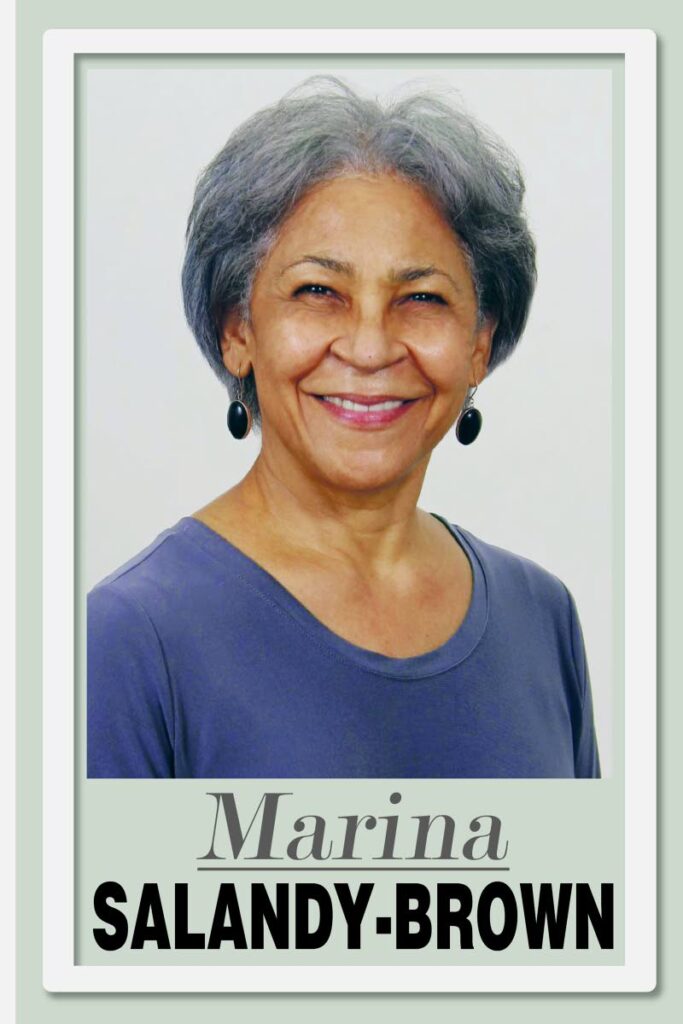The day the world changed

On February 24, 2022 my aunt passed away, after a slow decline. She had wished to die ever since her husband preceded her into physical oblivion about two decades earlier. But she was made of strong stuff, and not even her indomitable will could hasten her lithe body into releasing her from her earthly unhappiness.
Once her hearing deficiency intensified and she stopped driving, she withdrew her naturally joyous spirit, deliberately stopped walking and talking and became bedridden in her bid to leave us all behind.
But the liquified nourishment tubed into her gut for years thwarted her desire. Life oozed out of her only when it was ready. It was the saddest day.
Her death coincided with another loss, for the world and, most of all, for the Ukrainian people. Last Friday marked a year since the start of the Ukraine war.
At least my family could prepare itself for my aunt’s demise, but the Russian invasion of Ukraine on the most spurious of grounds was a thunderbolt that ended any illusion that the world was safe.
There are umpteen wars going on simultaneously. but to have the superpowers – including the ones who in the last 100 years killed tens of millions of people in Europe and roped in all of us – engaged in confrontation, even if by proxy, in the heart of Europe, is the cause of much alarm.
At least during the last Cold War we understood the role and might of Russia. The balance of terror meant that for all the nuclear weapons held by the then USSR, the US and its allies, not one would be used. That sense of security, although perverse, has gone.
A year on, it is clear that we have entered a period of global crisis – food inflation, unaffordable energy prices, worrying realignments, nuclear rearmament – precipitated by the Ukraine war that was conjured by a delusional demigod in the Kremlin who gives the most surreal accounts of Russia’s invasion of its neighbour.
While millions of Ukrainians have fled war, hundreds of thousands of sentient Russians have fled President Putin’s double-speak and repression, creating more international refugees. Those Russians left behind either dispute Putin’s claims of unprovoked Western aggression, not daring to make their opposing voices heard, or openly defend the invasion, believing their leader’s propaganda.
Part of the instability one feels derives from disbelief that inscrutable members of the Russian parliament credit Putin’s claims, too. On Tuesday it voted to suspend Moscow’s participation in the last remaining arms-control treaty with Washington, the New START treaty, which limits the use of nuclear missiles. Putin declared Moscow’s intention to develop its nuclear arsenal while also stating that Russia did not intend to use nuclear weapons.
Who can trust such doublespeak? The underlying threat cannot be ignored. We might dare to hope that saner heads are propping up Putin and that they have other support, but it is hard to know who believes what in such treacherous political waters.
The true nature of Russia-Chinese relations is also an unsettling factor. Russia has revealed its unexpected military weakness and its surprise economic reliance on China. That shift in the world power dynamic intensifies the emerging cold war between China and the US and is producing two new military axes – Russia and China versus NATO-US-EU. Notwithstanding, and despite Western fears, experts believe China will not supply lethal weapons to Russia. since it wants a weakened Russia. It also wants a weakened West.
It is an interesting perspective. NATO members fear an all-out war in Europe, but their hesitation over providing Ukraine with the necessary heavy tools to quickly end the war may, therefore, be a mistake.
Putin has to save face after the disaster the invasion has been for him so far, and is set for a war of attrition. Economically backed by China and emboldened by the relative failure of sanctions to flatten the Russian economy, which continues to grow, Russia is prepared for a long battle.
Only 33 countries have implemented sanctions. India, for example, which is in an economic race against China, is taking advantage of cheap Russian oil, increasing trade with Russia by 400 per cent in the last year.
In the UN General Assembly vote last Thursday on a resolution demanding Russia's withdrawal from Ukraine, seven countries voted against, 32 abstained (including China and India) and 141 countries agreed (including TT).
It showed the deep inroad China has made into Africa and Asia and the role of self-interest. NATO seems to be fiddling while Ukraine faces escalated fighting, but self-preservation is at work there too – NATO is determined to avoid all action that could lead to direct confrontation with Russia, and reports state Ukrainian demand for ammunition is unsustainable if the West’s supply capability is not immediately increased. It is a fiendish situation.
But the fight now is about values and ideas as much as territory. The West cannot be found wanting in the face of unwarranted and condemned aggression by a weak assailant.
Appearing to appease a bully never produces the desired results.

Comments
"The day the world changed"